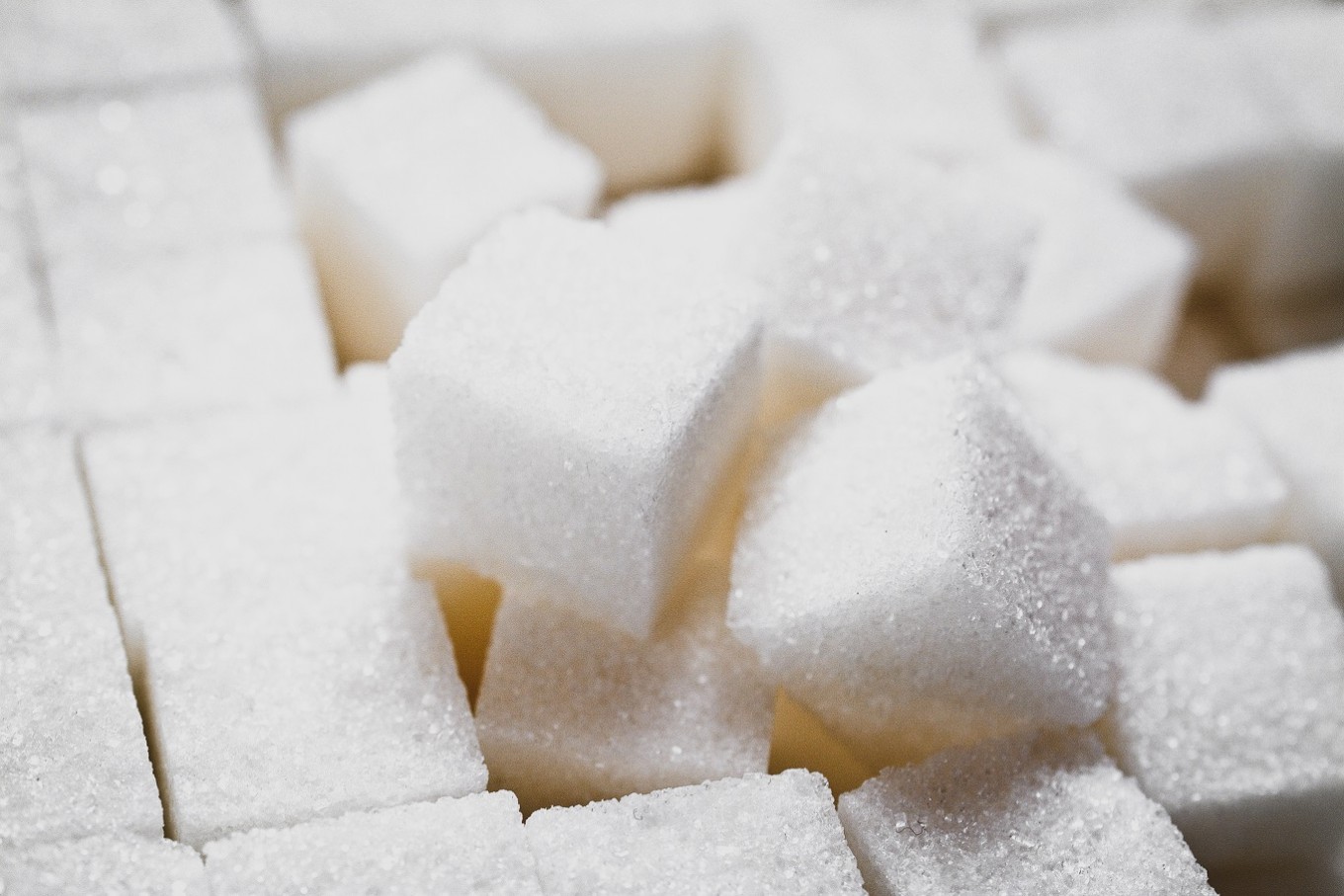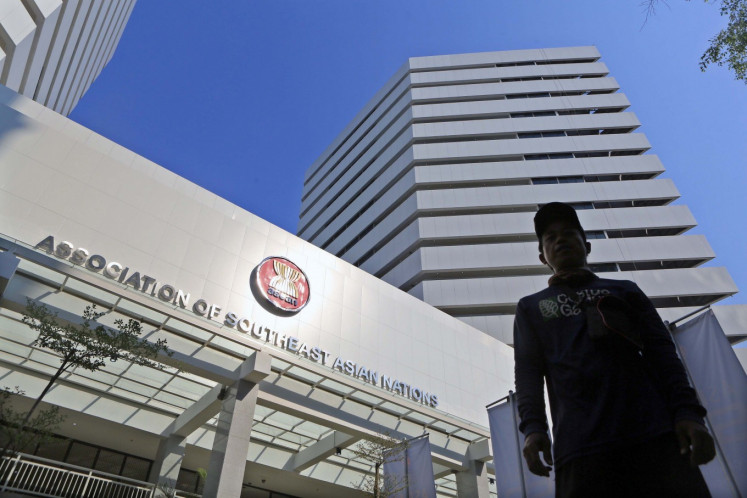Popular Reads
Top Results
Can't find what you're looking for?
View all search resultsPopular Reads
Top Results
Can't find what you're looking for?
View all search resultsEDITORIAL: Fighting for sugar imports
The raw sugar import quota for domestic refining to be used by food and beverage companies has always been much larger than the users’ actual needs.
Change text size
Gift Premium Articles
to Anyone
T
he recent decision by the Coordinating Economic Minister, Darmin Nasution, to postpone the trade minister’s policy on the auction of raw sugar import quotas because of suspected rent-seeking practices, simply validated the perception that the restrictive, non-tariff measures (NTM) have been exploited for profit by officials, politicians and businesspeople.
A Constitutional Court justice and a political party chairman have been jailed for corruption related to beef imports. A former head of the state logistics agency was imprisoned in a criminal case related to rice imports. We believe there are many other scandals tied to manipulating the NTM on food commodity imports, but that they are difficult to prove.
Likewise, we have heard frequent rumors that the raw sugar import quota for domestic refining to be used by food and beverage companies has always been much larger than the users’ actual needs. The surplus could be sold on the local market with a very high profit margin, as the local price for sugar is twice as high as that in Thailand and Malaysia, which supply over 95 percent of Indonesia’s raw sugar imports. Raw sugar is subject to an import duty of only 5 percent.
The government has placed the NTM on basic food commodities such as rice, sugar, soybean, corn, shallots, chilies, garlic, onions and beef to protect local farmers who, because of gross inefficiency, cannot compete with those in neighboring countries.
The government allows raw sugar imports, but only for users in the food and beverage industry. Local white cane sugar, which ranges in production volume from 2 to 2.2 million tons a year, is allocated entirely for household consumption and is sold minimally at the government’s reference price, which is usually more than double import prices. In reality, however, it is easy to obtain the white sugar processed from imported raw sugar through retailers.
The volume of annual raw sugar imports is based on recommendations from the Industry Ministry. The problem, though, is that the ministry lacks transparency in setting the import quota, and the Agriculture Ministry, which oversees local sugar production, does not have accurate data.
Trade Minister Enggartiasto Lukita tried to demonstrate a kind of transparency by introducing a public auction of the annual raw sugar import quotas, which range from 3.2 to 3.5 million tons. But since the public auction was designed to be managed by a private company allegedly connected to business groups notorious for rentseeking, industrial users have cried foul, afraid that they will have to pay rent on their import procurement.
It is highly imperative that while the trade minister’s policy on the public auction is being reviewed, the government facilitates an independent, comprehensive audit of the entire import permit process and the setting of import quotas that involves the agriculture, trade and industry ministries and food and beverage industry representatives, which are the main users of imported raw sugar.










